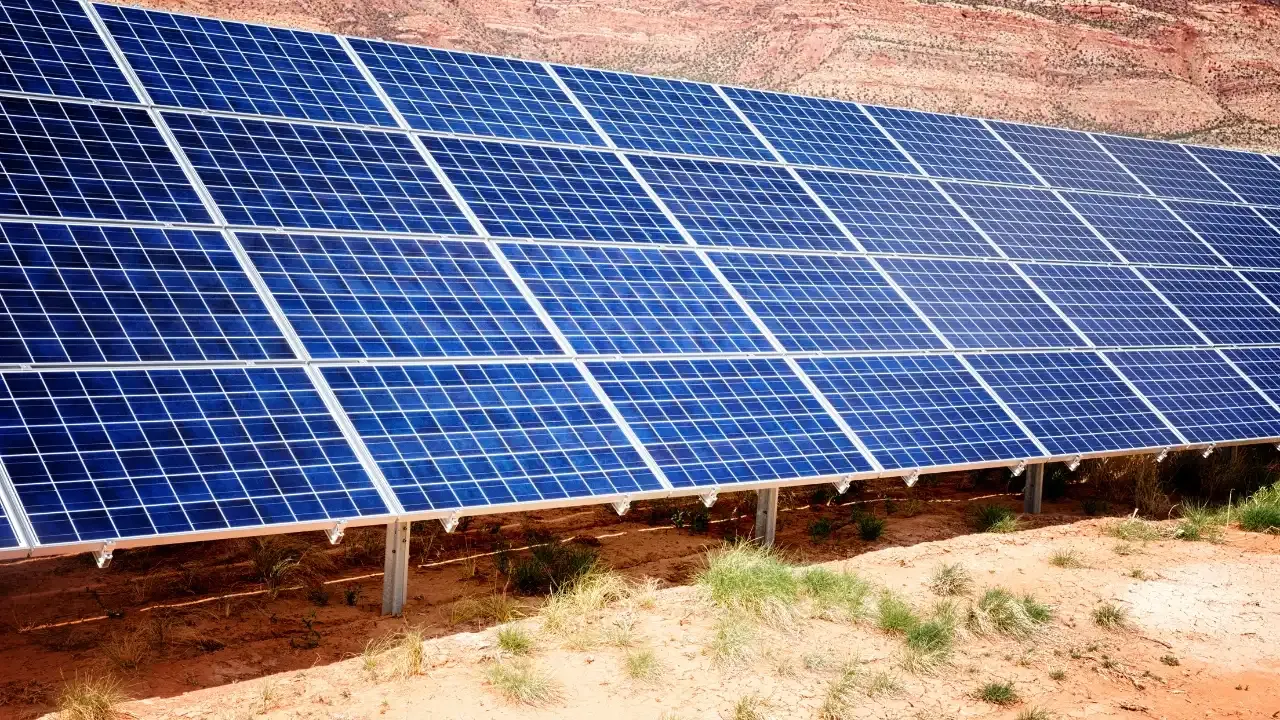Africa has come under heavy attention as Europe struggles to find alternate energy supplies in the wake of the Russia-Ukraine war. However, attempts to diversify energy sources away from Russia are hampered by the instability in African nations possessing substantial conventional energy reserves. In order to meet Europe's energy needs and promote political and economic cooperation with African countries, this article examines the possibility for green hydrogen generation in Morocco and Algeria in conjunction with solar power projects.
Diversifying Energy Sources: A Necessary Shift
With the continued conflicts and geopolitical unpredictability, Europe's over-reliance on traditional energy sources, especially fossil fuels, from Africa has become a cause for concern. As of 2021, less than 10% of Africa's electricity came from renewable sources, making the shift to green energy—including solar power projects—obvious. The objective of the European Green Deal is to attain net-zero greenhouse gas emissions by 2050, which will force a transition to more sustainable and clean energy sources.
The African Conundrum: Challenges and Opportunities
Large West African countries with significant fossil fuel deposits include Nigeria, Algeria, and Libya. Their contribution to Europe's energy diversification and solar power projects is, however, limited by volatility and disinvestment. Due to recent coups in nations like Niger and regional instability, proposed projects like the Nigeria-Morocco gas pipeline and the Trans-Saharan gas pipeline face difficulties.
Green Hydrogen and Solar Power Projects: A Viable Alternative
With their abundant solar, wind, and hydroelectric resources, Algeria and Morocco stand out as major participants in the pursuit of renewable energy and solar power projects. Green hydrogen generation, which is produced by electrolysis with renewable energy sources, is an environmentally friendly and sustainable substitute. Furthermore, Morocco's leadership in solar power projects strengthens its position in Europe's shift to more environmentally friendly energy sources.
Overcoming Obstacles to Investment
Although Algeria and Morocco have a great deal of potential for solar power projects and the generation of green hydrogen, political challenges need to be overcome. The difficult relationship between Algeria and Morocco as well as Algeria's historical reliance on Russian military assistance present difficulties. But instances of effective cooperation, like Germany's funding of Morocco's solar power projects and green hydrogen program, show that geopolitical difficulties can be resolved for the benefit of all parties involved.
Policy Recommendations for a Sustainable Future
Putting money into solar power projects and other renewable energy projects in Morocco and Algeria is consistent with Europe's long-term goal of lowering its dependency on foreign energy supplies. There is an increasing awareness of the possible advantages of these kinds of partnerships, as seen by the EU's Green Partnership with Morocco and the ongoing discussions on renewable hydrogen, including solar power projects, with Algeria.
The Role of the United States
Legislators in the United States should actively encourage European investments in renewable energy in Africa in order to build goodwill and improve ties with Algeria and Morocco. In order to contribute to a more sustainable and secure future for all parties involved, the U.S. has a strategic interest in assisting solar power projects and Europe's transition to green energy as the threat of Russian dominance grows.
